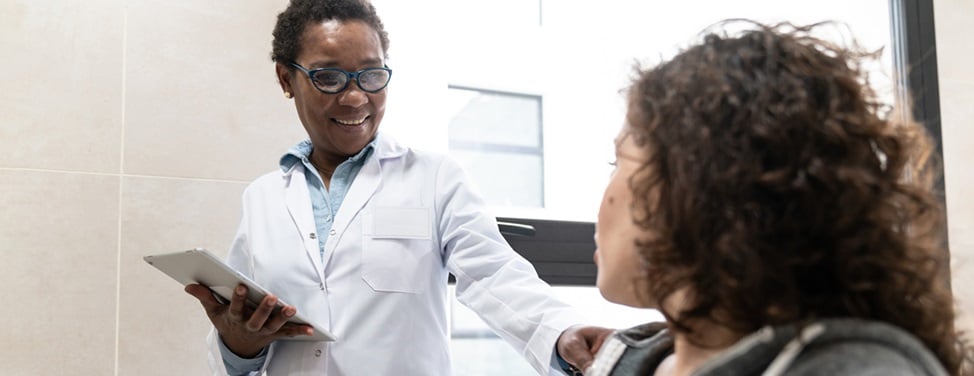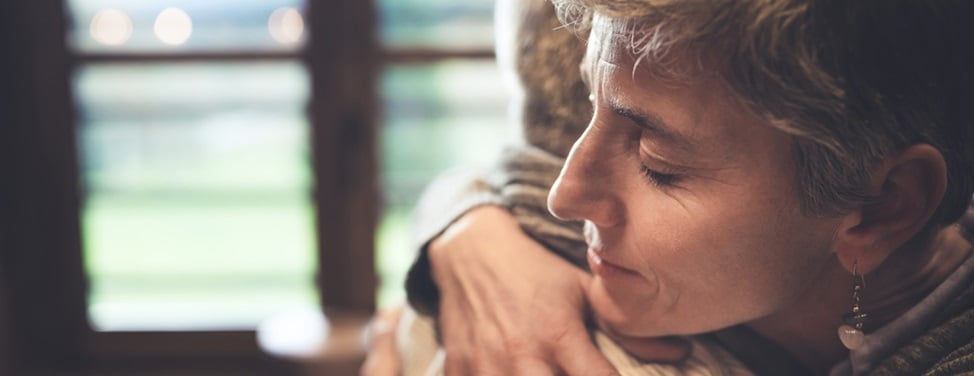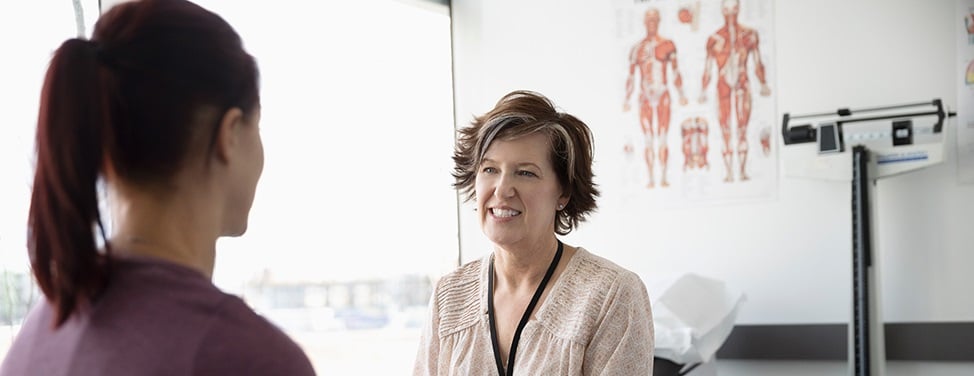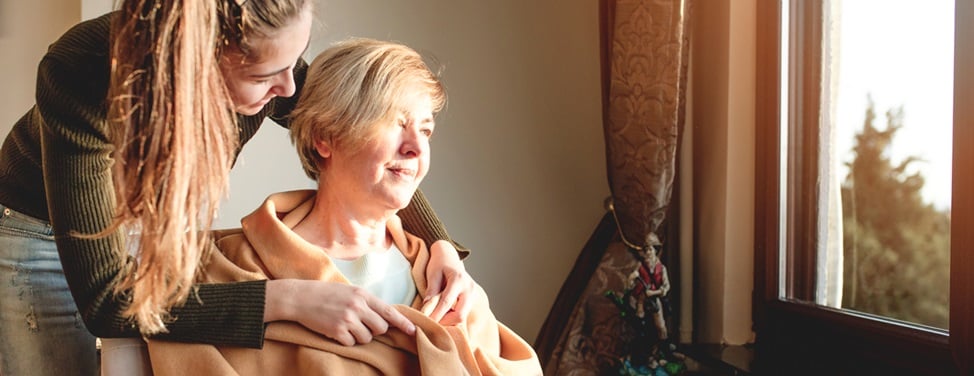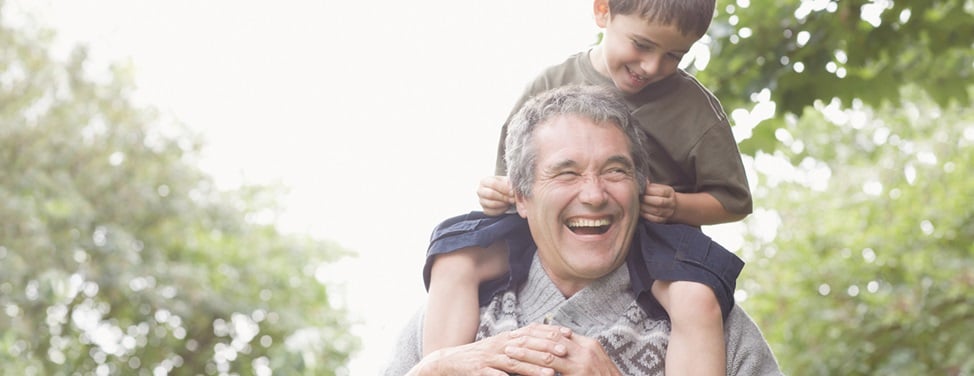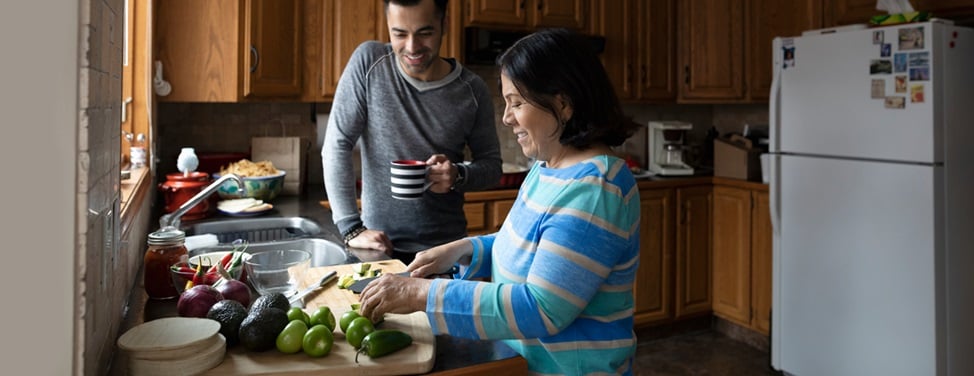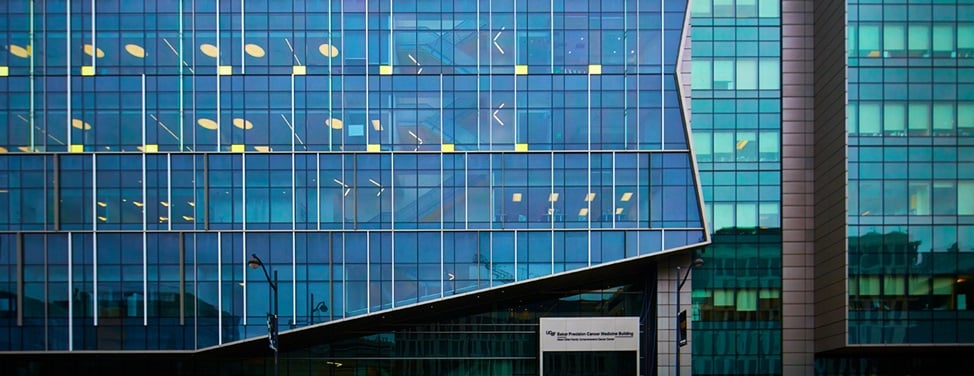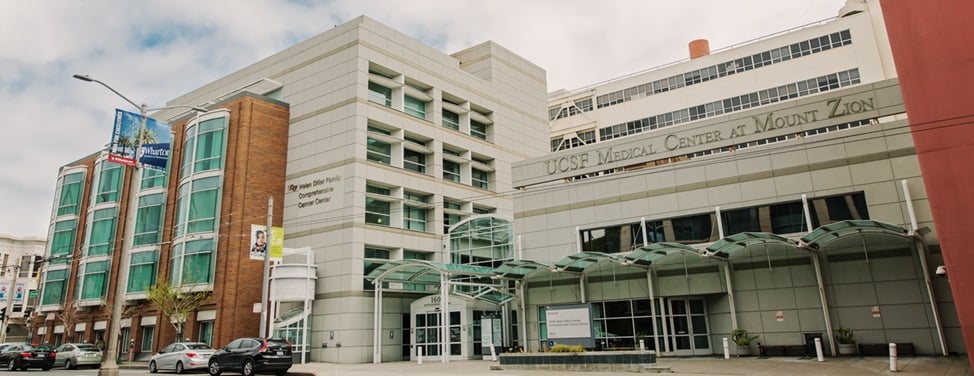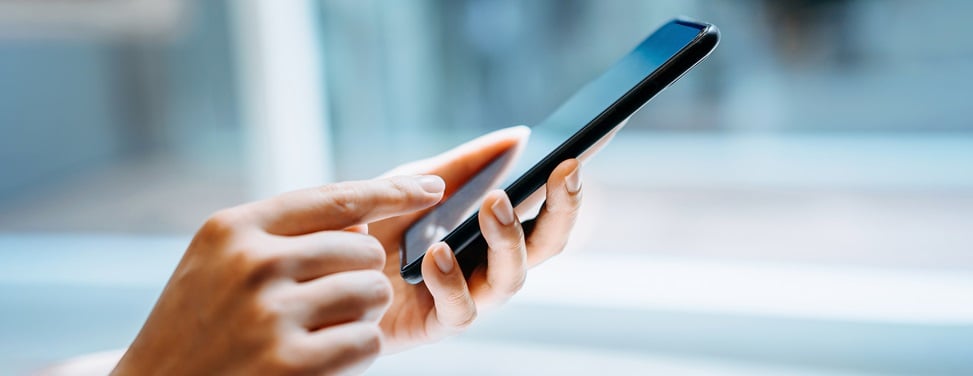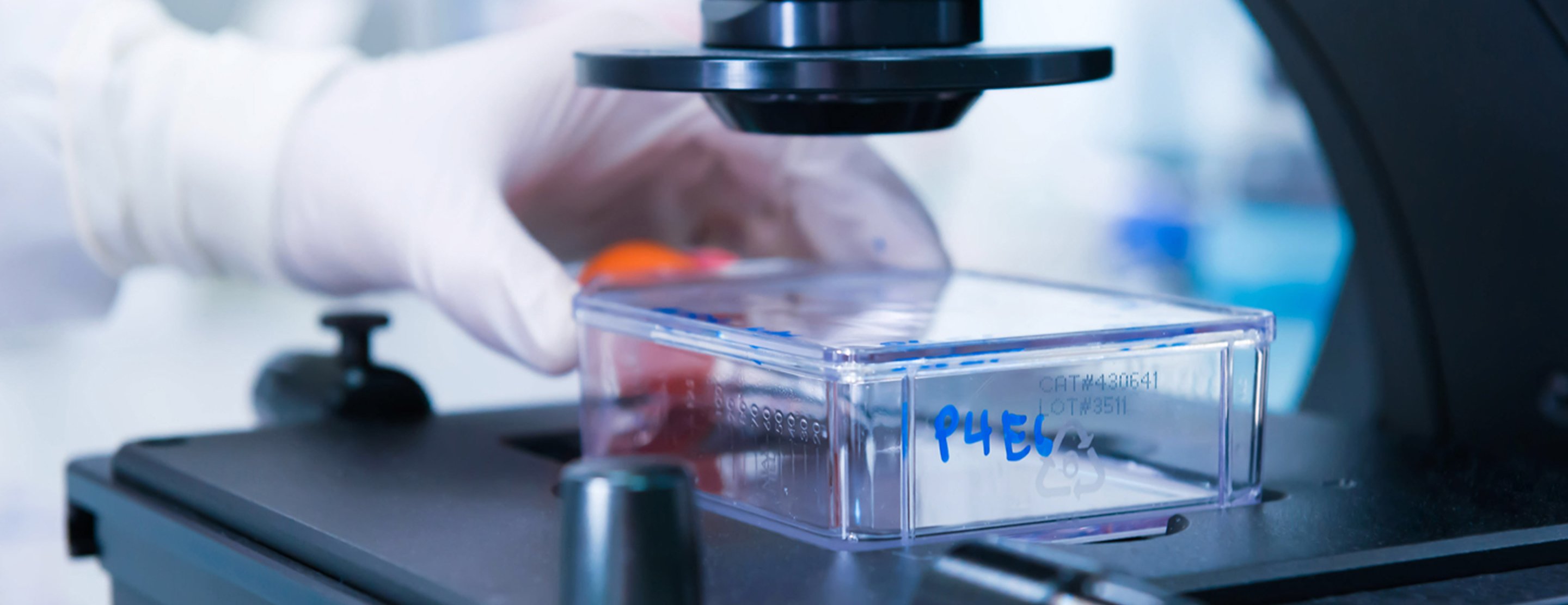
Cancer Pathology Tissue Slides FAQ
- What are pathology slides?
- How many slides are there?
- Why is my doctor requesting the tissue slides?
- How do I obtain these slides?
- What do I do with the slides once I have them?
- How should they be packaged and sent?
- What if the slides are lost?
- If I send slides to UCSF, will there be additional fees?
When a patient has a biopsy or surgery, the surgeon often will remove diseased tissue for examination by the hospital's pathology department. The tissue is referred to as a "tissue block." The pathologist will slice the tissue block into very thin layers that are placed on a glass slide and examined under a microscope. This allows the pathologist to assist the surgeon in confirming a diagnosis of the diseased tissue.
Depending on the amount of tissue removed, there may be half a dozen or more slides. These slides usually have an identification number that's included in your medical record.
Why is my doctor requesting the tissue slides?
Your doctor will review the pathologist's report to plan your treatment. Our doctors collaborate with UCSF Pathology to review the tissue slides to confirm the diagnosis and plan surgery or other treatment.
Call the hospital where your biopsy or surgery was performed or where the tissue was sent. In most cases, you will speak to a pathology department. The pathology department may request that you sign a release for the slides. UCSF Medical Center's medical information release form is available online. This release can also be used for your medical records and radiology scans.
What do I do with the slides once I have them?
Please bring the slides, along with your medical records and radiological scans, to your new patient appointment and give them to your doctor. Because we must confirm your diagnosis, a delay in receiving your slides could delay your treatment or surgery. If you request your slides after your appointment, please send them to the attention of the clinic you are visiting.
How should they be packaged and sent?
If you send the slides instead of bring them to your appointment, please keep in mind that they are fragile. They can break if not packaged properly. They should be wrapped in bubble plastic and put in a sturdy box. Please send them FedEx or UPS so you can track and confirm delivery. Typically, they do not require refrigeration but please check with pathology before mailing them.
Depending on the size of the tissue removed, the pathology department of most hospitals will keep the remaining block. If the slides are lost, you can request that pathology make new slides from the original tissue block.
If I send slides to UCSF, will there be additional fees?
Yes, the hospital sending the slides may ask that you pay for FedEx or UPS charges. If slides are lost, there could be a fee associated with replacing the slides. When UCSF Pathology reviews the slides for a second opinion, it charges a fee. Typically, insurance plans cover this fee and our staff will seek an authorization.
To learn more, please visit FAQ: Cancer Radiology Scans and Reports.
UCSF Health medical specialists have reviewed this information. It is for educational purposes only and is not intended to replace the advice of your doctor or other health care provider. We encourage you to discuss any questions or concerns you may have with your provider.






